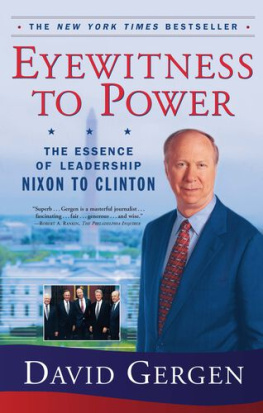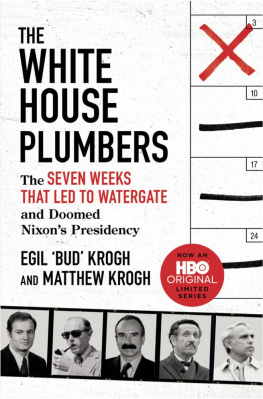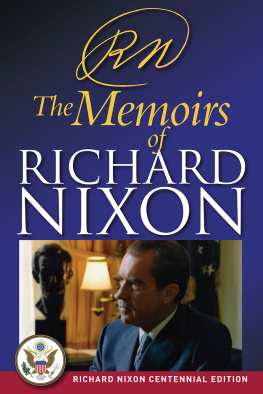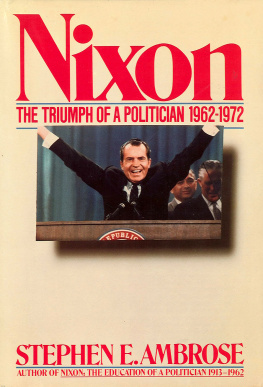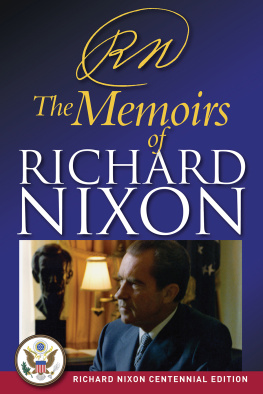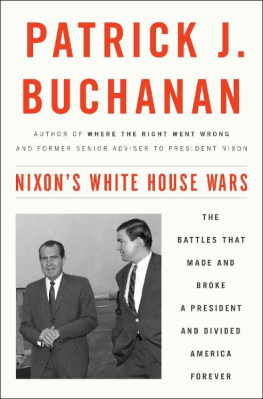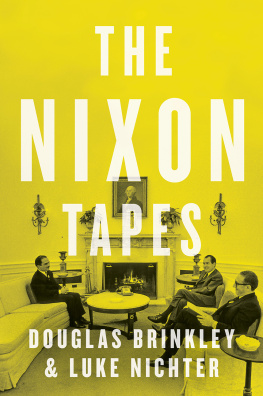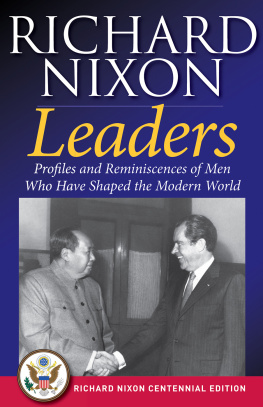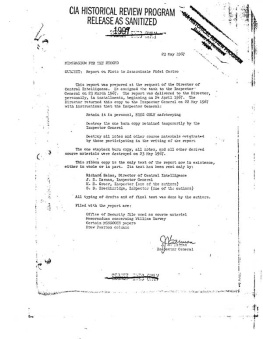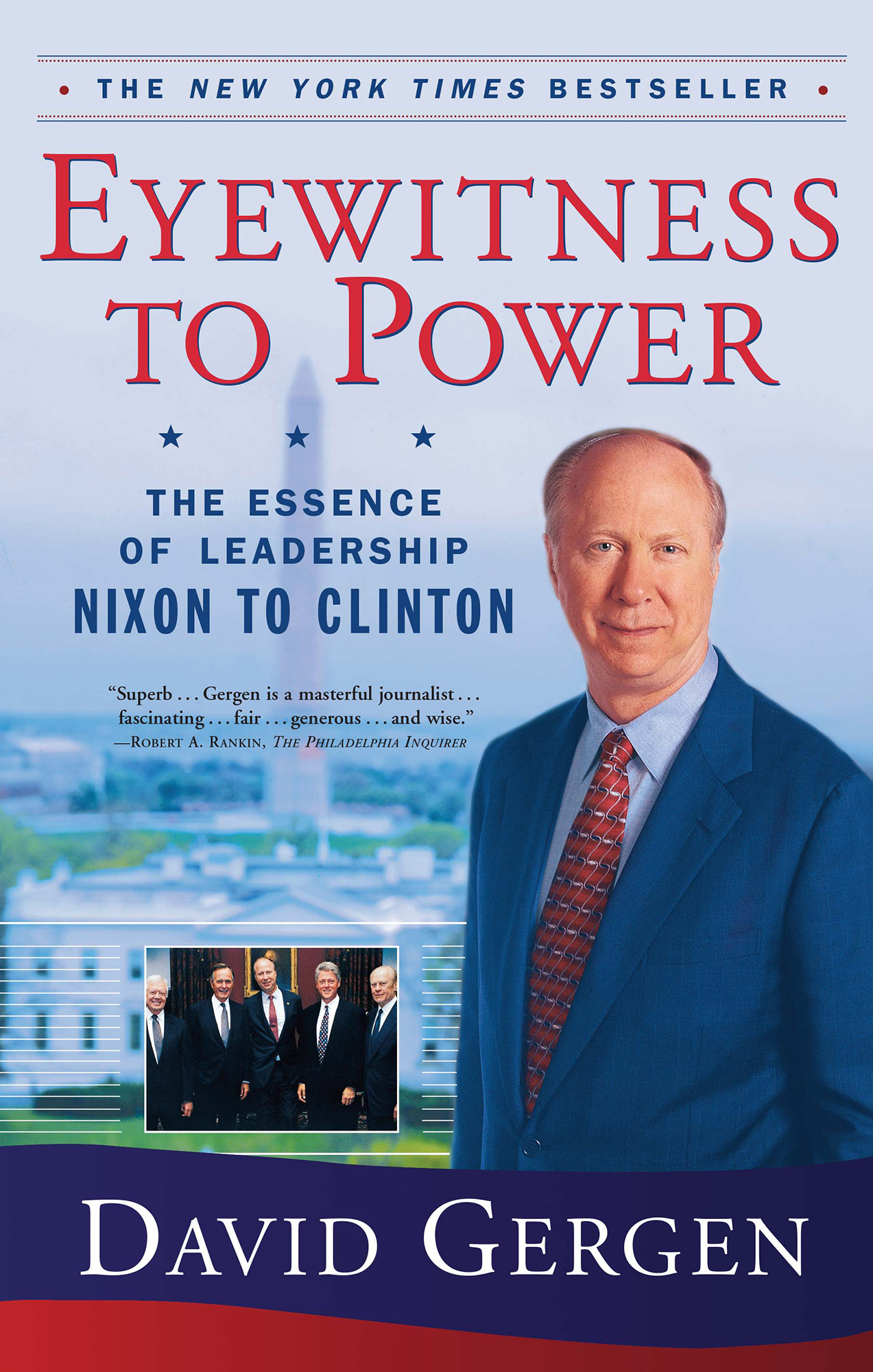David Gergen - Eyewitness To Power: The Essence of Leadership Nixon to Clinton
Here you can read online David Gergen - Eyewitness To Power: The Essence of Leadership Nixon to Clinton full text of the book (entire story) in english for free. Download pdf and epub, get meaning, cover and reviews about this ebook. year: 2001, publisher: Simon & Schuster, genre: Detective and thriller. Description of the work, (preface) as well as reviews are available. Best literature library LitArk.com created for fans of good reading and offers a wide selection of genres:
Romance novel
Science fiction
Adventure
Detective
Science
History
Home and family
Prose
Art
Politics
Computer
Non-fiction
Religion
Business
Children
Humor
Choose a favorite category and find really read worthwhile books. Enjoy immersion in the world of imagination, feel the emotions of the characters or learn something new for yourself, make an fascinating discovery.

- Book:Eyewitness To Power: The Essence of Leadership Nixon to Clinton
- Author:
- Publisher:Simon & Schuster
- Genre:
- Year:2001
- Rating:4 / 5
- Favourites:Add to favourites
- Your mark:
Eyewitness To Power: The Essence of Leadership Nixon to Clinton: summary, description and annotation
We offer to read an annotation, description, summary or preface (depends on what the author of the book "Eyewitness To Power: The Essence of Leadership Nixon to Clinton" wrote himself). If you haven't found the necessary information about the book — write in the comments, we will try to find it.
From Nixon to Clinton, Watergate to Whitewater, few Americans have observed the ups and downs of presidential leadership more closely over the past thirty years than David Gergen. A White House adviser to four presidents, both Republican and Democrat, he offers a vivid, behind-the-scenes account of their struggles to exercise power and draws from them key lessons for leaders of the future.
Gergen begins Eyewitness to Power with his reminiscence of being the thirty-year-old chief of the White House speechwriting team under Richard Nixon, a young man at the center of the Watergate storm. He analyzes what made Nixon strong -- and then brought him crashing down:
- Why Nixon was the best global strategist among recent presidents. How others may gain his strategic sense.
- How Nixon allowed his presidency to spin out of control. Why the demons within destroyed him. What lessons there are in Nixons disaster.
Gergen recounts how President Ford recruited him to help shore up his White House as special counsel. Here Gergen considers:
- Why Ford is one of our most underrated presidents.
- Why his pardon of Nixon was right on the merits but was so mishandled that it cost him his presidency. Even in his brief tenure, Ford offers lessons of leadership for others, as Gergen explains.
Though Gergen had worked in two campaigns against him, Ronald Reagan called him back to the White House again, where he served as the Gippers first director of communications. Here he describes:
- How Reagan succeeded where others have failed. Why his temperament was more important than his intelligence. How he mastered relations with Congress and the press.
- The secrets of the Great Communicator and why his speeches were the most effective since those of John Kennedy and Franklin Roosevelt.
In 1993, Bill Clinton surprised Gergen -- and the political world -- when he recruited the veteran of Republican White Houses to join him as counselor after his early stumbles. Gergen reveals:
- Why Clinton could have been one of our best presidents but fell short. How the Bill-and-Hillary seesaw rocked the White House. How failures to understand the past brought Ken Starr to the door.
- Why the new ways in which leadership was developed by the Clinton White House hold out hope, and what dangers they threaten.
As the twenty-first century opens, Gergen argues, a new golden age may be dawning in America, but its realization will depend heavily upon the success of a new generation at the top. Drawing upon all his many experiences in the White House, he offers seven key lessons for leaders of the future. What they must have, he says, are: inner mastery; a central, compelling purpose rooted in moral values; a capacity to persuade; skills in working within the system; a fast start; a strong, effective team; and a passion that inspires others to keep the flame alive.
Eyewitness to Power is a down-to-earth, authoritative guide to leadership in the tradition of Richard Neustadts Presidential Power and the Modern Presidents.
David Gergen: author's other books
Who wrote Eyewitness To Power: The Essence of Leadership Nixon to Clinton? Find out the surname, the name of the author of the book and a list of all author's works by series.

